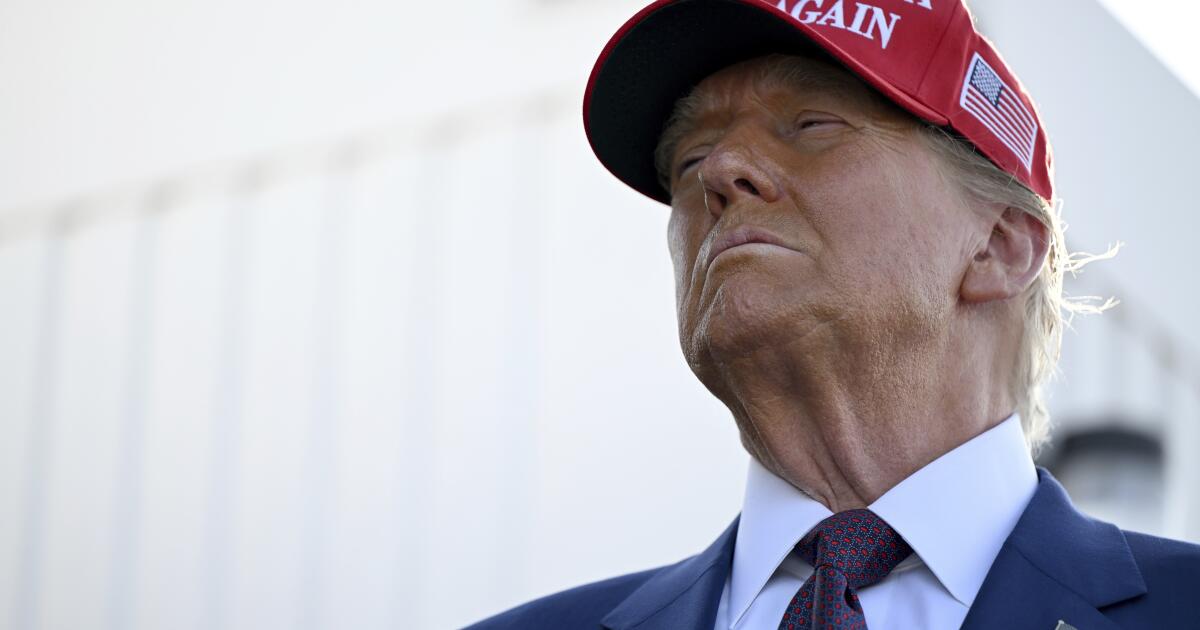LUDESTI, Romania (Reuters) – Before a medical caravan organised by Romania’s hard-right opposition AUR party drove up to her village in April, Florina Purcareanu had not had a blood test in more than 15 years.
To get it, she would need to travel some 25 km (16 miles) to the state hospital in the nearest town and like many in her village of Ludesti in central Romania she does not have a car, and public transport links are poor.
“AUR came … and gave out fliers and as it happens I was really sick yesterday, a sharp pain on my right side, I couldn’t get up, I couldn’t breathe,” said the 56-year-old housewife. “So I decided to come.”
In a push to become the second-biggest political party in Romania, just five years since its founding, the Alliance for Uniting Romanians (AUR) has set its sights on voters like Purcareanu: living in underdeveloped villages, with scarce access to public services including healthcare.
Across Europe, polls show deteriorating access to medical services is a key driver of the popularity of ultranationalist and eurosceptic parties, which are expected to win a record number of votes in the June 9 European parliamentary elections.
In Romania, where reported unmet medical needs are double the European Union average, AUR has fitted several large lorries with medical equipment. The caravan has been crisscrossing Romania for nearly a year, with volunteer doctors and nurses offering blood tests, scans, ophthalmology and dental services.
“What the caravan does is fulfil a clear need in Romania, where rural areas are insufficiently covered by public services of any kind,” said Daniel Sandu, a sociologist.
“AUR has found a practical way to campaign without a break, regardless of whether an election is going on or not.”
‘NOT AT ALL ALONE’
AUR deputy chief and an EP candidate Claudiu Tarziu told Reuters the party aimed to win 10 of Romania’s 33 seats in the European Parliament and to work with other “like-minded groupings” to change what he called Ursula von der Leyen’s “destructive” policies on migration and green energy.
The party hoped to join the European Conservatives and Reformists (ECR) in the European Parliament, home to Georgia Meloni’s Brothers of Italy and Poland’s opposition Law and Justice (PiS), he said, though AUR was also in contact with the far-right Identity and Democracy grouping.
“We are not at all alone,” he said, likening AUR to Brothers and League parties, PiS, Spain’s Vox and Portugal’s Chega.
Polls show AUR, whose members have clashed with the country’s ethnic Hungarian minority and whose leaders have opposed the introduction of Holocaust and Jewish history in the school curriculum, could win 16%-20% of votes in the European election, up from 9% it won in the 2020 national ballot.
Its campaign posters feature Vlad Tepes, the mediaeval Romanian ruler who inspired Bram Stoker’s Count Dracula. Known for driving spikes through thieves and torturing Ottoman soldiers, he is seen by some as a patriotic hero.
AUR opposes migration quotas and military aid to Ukraine. It is “adamantly against colonising Europe with foreign populations” and supports restoring Romania to its 1940 borders which include territories now in Bulgaria, Moldova and Ukraine.
“We are not at peace with the way in which the European Union is forcing member states to participate in Ukraine’s war effort, although … we understand Ukraine’s situation and we have provided all the support we could as a state,” Tarziu said.
“We cannot pawn the future of our citizens for the sake of our neighbours.”
FINDING TUMOURS, FIXING CATARACTS
Paid for with party funds and private donations, the AUR caravan has been to over 110 villages across 37 counties, seeing more than 20,000 patients over the last 10 months. The lorries cost a total one million euros, including fitting them out with medical equipment. Blood tests, with results on the spot, cost 120 lei ($26) per patient.
The doctors, part of an NGO founded by an AUR lawmaker, said some patients hadn’t been tested in decades. Some discovered tumours, others had their untreated broken bones set. Around 50 older patients have had cataract surgery.
The doctors are mainly party members, drawn, they said, to AUR’s focus on patriotism, traditional family values and faith. Many are running in the European and local elections, both scheduled for June 9. AUR has pledged to boost regional medical services and focus on prevention.
Romania has one of the EU’s least developed healthcare infrastructure and Eurostat data shows it had the bloc’s highest mortality rate for both preventable and treatable diseases. Having built only one hospital in the last three decades, the coalition government has signed contracts to build two EU-funded regional units this year.
In Ludesti, a cluster of six villages and 5,000 people, the lorries were parked in the backyard of an AUR member, surrounded by flowering fruit trees.
As they waited next to Purcareanu on benches and chairs on a shaded porch, villagers swapped jokes, smoked and discussed politics, the chatter occasionally pierced by the drill from the dentist’s van.
“This caravan,” said 72-year-old Gheorghe Hera waiting for the ophthalmologist, “is the only thing done for Romanians.”
(Editing by Justyna Pawlak and Nick Macfie)

